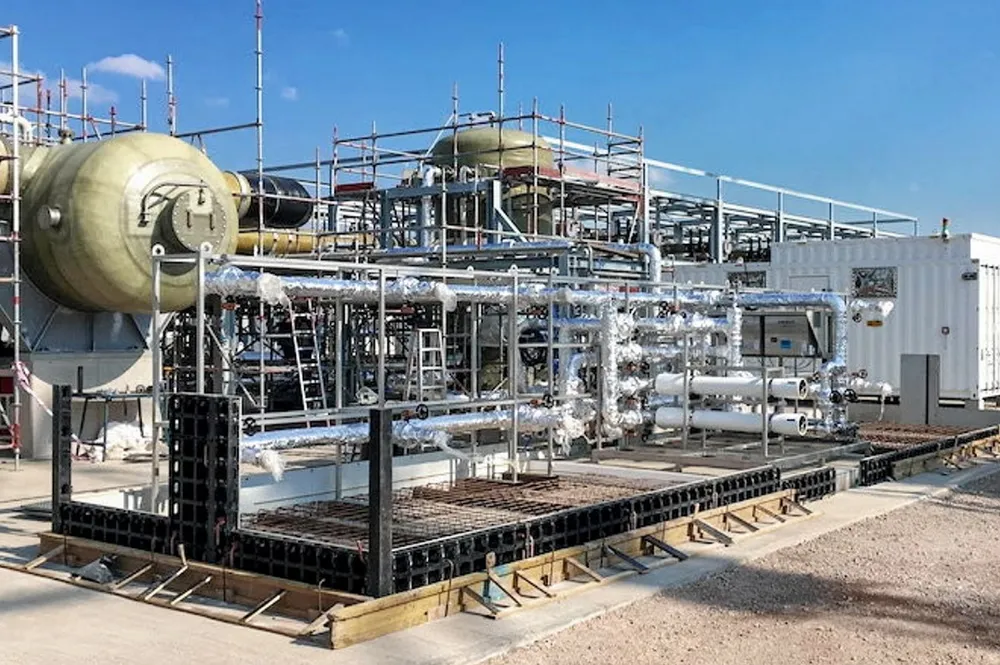Linde announces second green hydrogen plant in Brazil, for the production of glass
Cebrace joins a growing number of glassmakers exploring the use of H2 to displace natural gas in furnaces

Cebrace joins a growing number of glassmakers exploring the use of H2 to displace natural gas in furnaces
